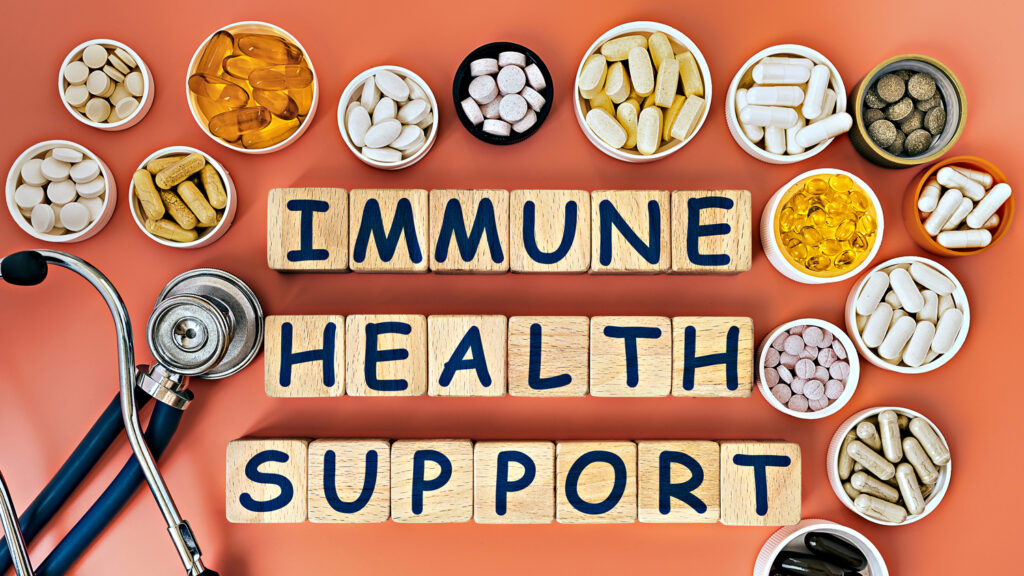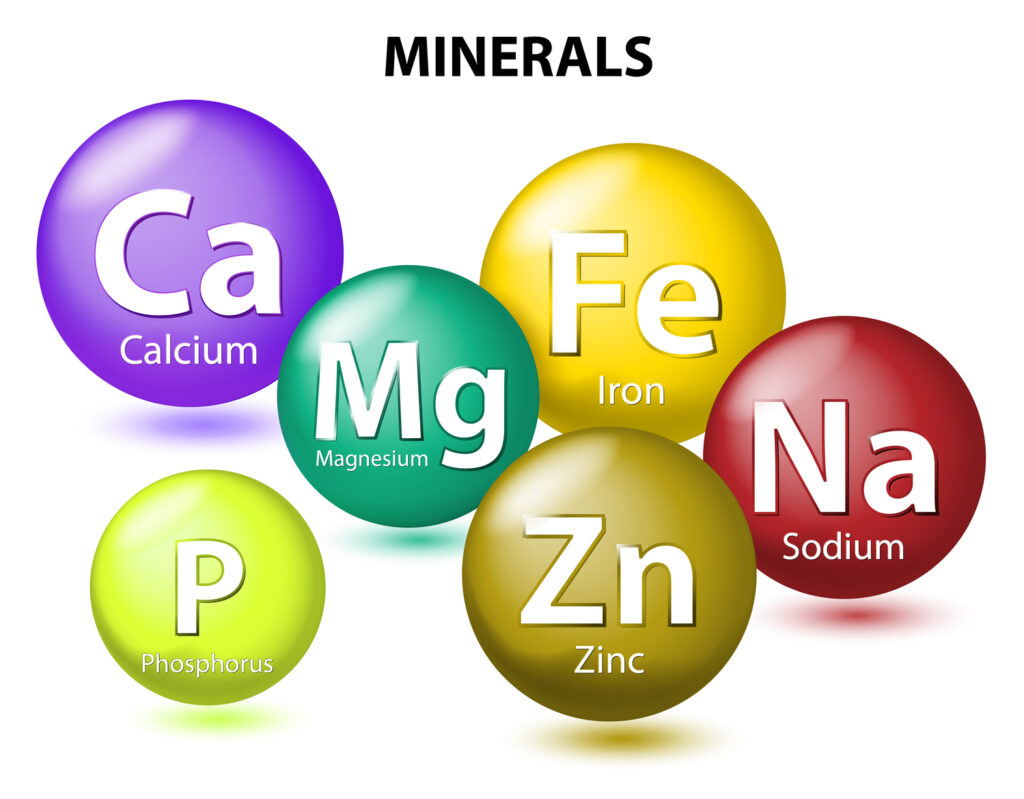In the quest for optimal health and well-being, a balanced diet rich in essential nutrients is of paramount importance. While whole foods should be the foundation of our diet, there are instances where health supplements, vitamins, and minerals play a crucial role in bridging nutritional gaps and maintaining overall wellness. These supplements can provide an array of benefits that contribute to a healthier life, especially in today’s fast-paced world where dietary requirements may not always be met through food alone.


Addressing Nutritional Deficiencies:
Despite our best efforts, it’s not always easy to consume all the necessary nutrients through diet alone. Modern lifestyles, dietary restrictions, and food availability can lead to nutritional deficiencies. Health supplements offer a convenient way to fill these gaps and prevent the negative health outcomes associated with deficiencies. For instance, vitamin D, often referred to as the “sunshine vitamin,” is essential for bone health, immune function, and overall well-being. Yet, many individuals may not get enough sunlight exposure or dietary sources of vitamin D, making supplementation crucial.


Supporting Immune Function:
Vitamins and minerals play a vital role in bolstering the immune system. Vitamin C, known for its immune-boosting properties, helps the body fight off infections and aids in the production of white blood cells. Zinc is another essential mineral that supports immune function by regulating immune responses and promoting the healing of wounds. During times of increased susceptibility to illness, such as flu seasons or periods of stress, supplementing with these nutrients can provide an extra layer of defence.


Managing Lifestyle Factors:
Certain lifestyles or life stages may require higher nutrient intake. Pregnant women, for example, need increased levels of folic acid to support foetal development, and omega-3 fatty acids for brain health. Similarly, athletes may require additional nutrients to support their rigorous training regimes and recovery processes. Health supplements can help individuals tailor their nutrient intake to match their specific needs.
Aging Gracefully:
As we age, the body’s ability to absorb and utilize certain nutrients may decline. This can lead to issues such as decreased bone density, cognitive decline, and reduced muscle mass. Supplements like calcium and vitamin D are particularly important for bone health in older adults. Antioxidant vitamins, such as vitamin E and selenium, also play a role in protecting cells from oxidative damage associated with aging.


Balancing Nutritional Gaps:
While health supplements can be highly beneficial, it’s important to emphasise that they should complement, not replace, a healthy diet. Whole foods offer a complex array of nutrients that work synergistically, and the benefits of these nutrients often go beyond what can be encapsulated in a pill. A balanced diet rich in fruits, vegetables, lean proteins, whole grains, and healthy fats should remain the foundation of good nutrition. Supplements should be used to address specific deficiencies or needs that cannot be met through diet alone.


Consultation with Healthcare Professionals:
Before incorporating health supplements into one’s routine, it’s advisable to consult a healthcare professional, such as a registered dietitian, pharmacist or doctor. These experts can provide personalized recommendations based on an individual’s health status, dietary habits, and goals. They can also help prevent overconsumption of specific nutrients, which can have adverse effects.
In conclusion, health supplements, vitamins, and minerals play a vital role in maintaining optimal health, especially in a world where nutritional gaps are common. While they can effectively address deficiencies and support various aspects of well-being, they should be used judiciously and in conjunction with a balanced diet. By understanding individual needs and seeking guidance from healthcare professionals, individuals can make informed choices that contribute to a healthier and more vibrant life.



